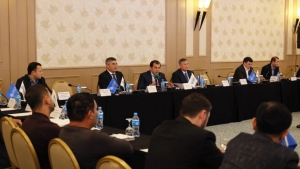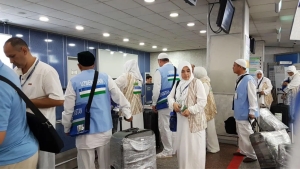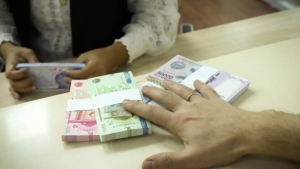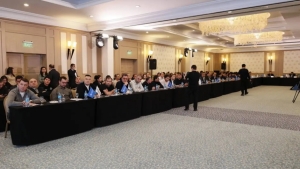The production of AI-80 gasoline will stop in September

Serious changes are beginning in the fuel market of Uzbekistan. This was reported by Zamin.uz.
Starting from September this year, the production of low-octane AI-80 gasoline is planned to be completely halted in the country. This information was provided by the Kun.uz publication.
According to the information, enterprises in the "Uzbekneftgaz" system aim to consume the AI-80 reserves by the end of the year and switch to producing and selling only high-octane gasoline starting from 2026. This reform will usher in a new era in the country's fuel policy.
This change is important not only for improving the quality of energy sources but also from the perspective of ecology, market mechanisms, and consumer rights protection. The main questions are: how will the decision be implemented in practice, what impact will it have on prices, and will there be a gasoline shortage in the market?
Currently, the main producers of AI-80 gasoline are the oil refineries in Bukhara and Fergana. One of them is state-owned, while the other belongs to the private company "Saneg."
Additionally, small enterprises in Surkhandarya and Chinaz also produce AI-80. Almost all of the country's needs are met by local producers, and imports are virtually nonexistent.
Moreover, "Uzbekneftgaz" is working to expand the production of AI-92 gasoline at the Bukhara refinery in collaboration with China. This gasoline has an increased octane level due to special additives and aims to reduce production costs.
However, specific price information has not yet been disclosed. According to official plans, in 2025, "Bukhara NQIZ" is expected to produce approximately 1 million tons of gasoline, more than half of which will correspond to the AI-92+ type.
From September, the production of AI-80 will be halted, and the reserves will be sold off by the end of the year. Starting from 2026, only AI-92 and higher octane gasoline types will be sold in the market.
This process will not happen all at once. Measures such as expanding imports, creating a competitive environment, and providing tax incentives will play a crucial role.
According to economist Otabek Bakirov, this issue has been discussed since 2020 and should not be delayed. He believes that implementing this reform during the summer months is advisable, as consumption will be high during the autumn-winter season, making it difficult to introduce changes at that time.
According to his analysis, approximately 800,000 tons of AI-80 and 100,000 tons of AI-92 gasoline are produced annually in Uzbekistan, with the remaining needs being met through imports. The goal is to cover the demand for 1.2-1.3 million tons of gasoline with competitive AI-92 and AI-95.
To achieve this, customs barriers, logistics issues, quotas, and technical restrictions need to be removed. Bakirov states: “If Kyrgyzstan has no oil reserves but has cheap 92 gasoline, why can't Uzbekistan achieve this?” Economists believe that artificial price setting or reliance solely on local producers will lead to a gasoline shortage.
To eliminate AI-80 gasoline, it is essential first to ensure a sufficient supply of AI-92 and higher octane gasoline at competitive prices. Simplifying imports is crucial for this.
For importing companies, all administrative barriers to importing gasoline from Iran, Iraq, Turkmenistan, Kazakhstan, Russia, and other countries must be removed. Temporarily abolishing the consumption tax and providing railway and other logistics incentives could be considered.
From an ecological perspective, the combustion of AI-80 gasoline produces more harmful substances, including carbon monoxide, unburned hydrocarbons, and harmful particles (PM2.5). These substances







